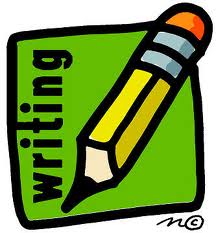I came across an interesting book by Jan Venolia called The Right Word- How to say what you really mean. ( 2003)
The book is meant not just for writers who author and publish books but for all the people who write. Whether you accept it or not, all of us need help with words. More so, when you are not big into reading. I cannot recall a single blog post in the last ten years of my blogging experience that I have written without the use of an online thesaurus to find the perfect word that conveyed what I wanted to say. You may readily be able to identify a word in your first language that captures the idea, but to find a word in English that evokes the intended emotional response is never easy. So we pick and use a word that is closest in meaning.
Our inability to choose the right word is what the author calls Wrong Worditis.(Don’t you love the brilliant word play on the -itis suffix? Words that end with -itis indicate infection- appendicitis,tonsillitis, laryngitis,sinusitis). If you have a teenager at home you will agree when I tell you that it seems to be the most common infection that parents of teens seem to have contracted. Every word in your limited vocabulary that you have built over your adult years, will evoke a giggle from your teen who will know a new ‘ urban’ meaning to it.
Even if your readers are not teens, when you don’t use the right word, people draw their own conclusions from the text you write. Accomplished writers understand the importance of choosing the most specific words possible in order to get their ideas across effectively and clearly, because they know that general or vague language can lead to misunderstanding. In the long list of important things to do in our lives ( Note to myself: Time to draw up resolutions for 2014), how many of us really prioritize learning the meanings of words that we use? Every time we use a wrong word, we hinder comprehension and sabotage our communication. Wrong Worditis doesn’t only refer to incorrect choice of word when we write but also when we speak English. When you are verbose ( speaking long winded sentences, using too many words) and make pronunciation errors when you speak, you are exhibiting symptoms of Wrong Worditis.
Remember, when you choose the wrong word, nothing is communicated. Or worse, the wrong thing is communicated.









